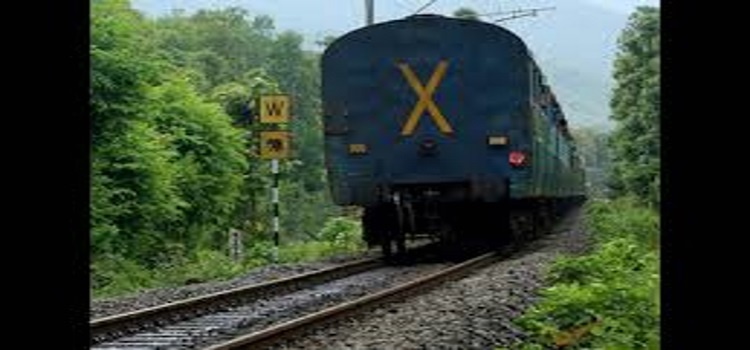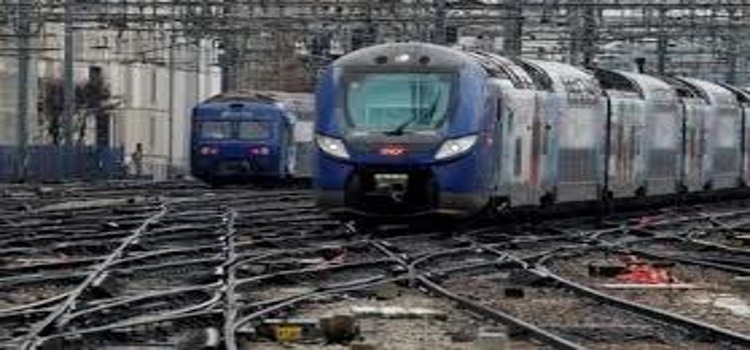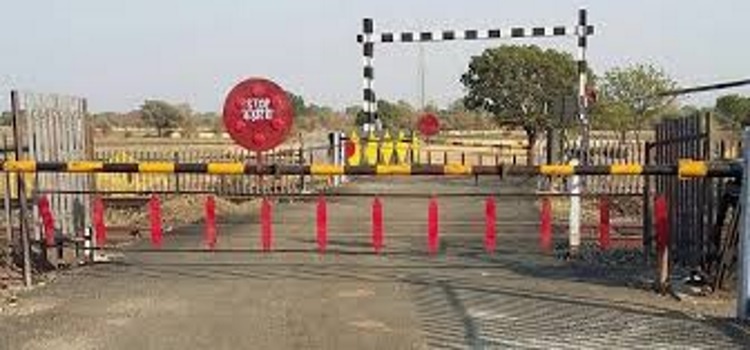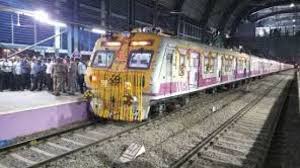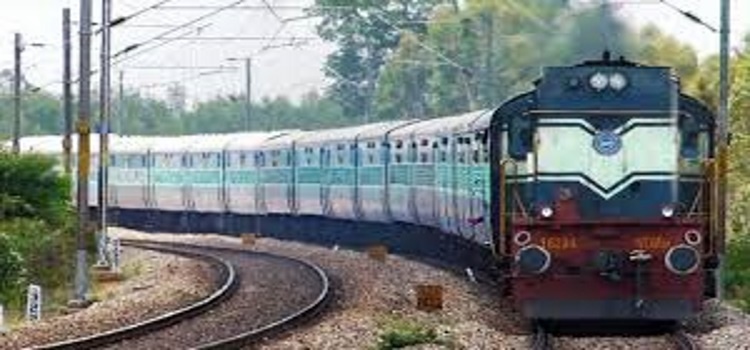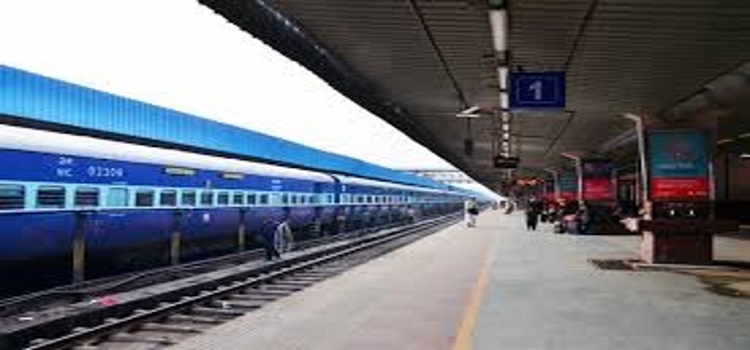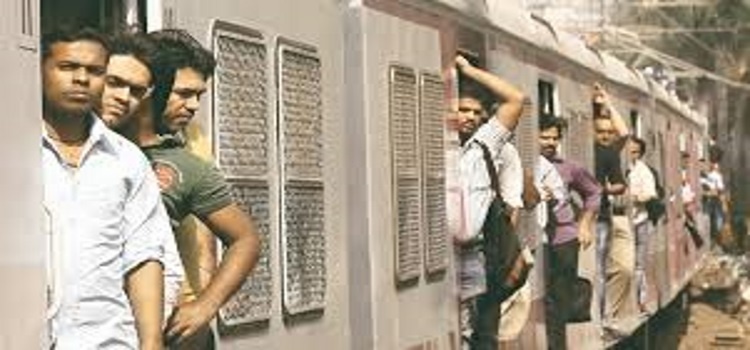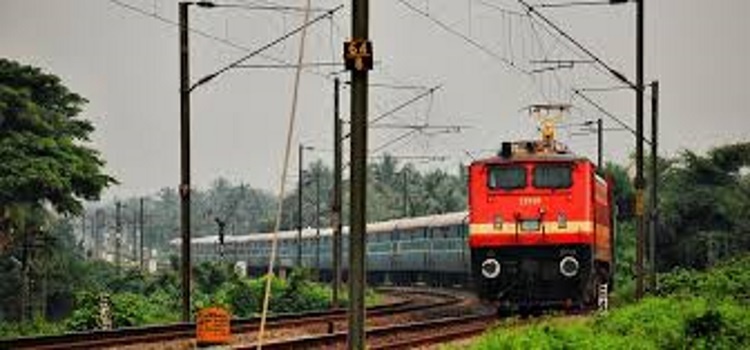
Railways and Kerala Rail Development Corporation Limited (KRDCL) will jointly carry out a feasibility study for third and fourth lines in the 574-km rail corridor from Thiruvananthapuram to Kasaragod.
An agreement to this effect was reached in talks Chief Minister Pinarayi Vijayan had with Railway Board Chairman Ashwani Lohani in New Delhi on Thursday.
A preliminary feasibility study carried out by the KRDCL, a joint venture between the State and Railways for executing viable projects on 51:49 cost-sharing basis, had found that the project will cost ₹46,769 crore.
Railways are of the view that the proposed coach factory at Kanjikode in Palakkad is not feasible as three factories are currently manufacturing conventional rakes. The Chairman informed the Chief Minister that Railways will look into the possibility of manufacturing metro coaches there.
It was agreed that the proposed rail line from Thalassery to Mysuru will be taken up for discussion after the Assembly elections in Karnataka .
Mr. Lohani agreed to look into the demand that Railways should bear the cost of laying the Angamaly-Sabari line aimed at putting Sabarimala on the rail map.
The Railway Board Chairman said Railways would give nod for rail connectivity from Balaramapuram station to the Vizhinjam seaport.
A directive would be issued to the Southern Railway to set up a terminal on the vacant land at the old railway station in Ernakulam, Mr. Lohani said.

